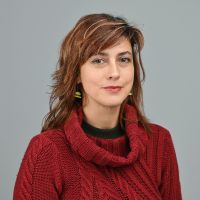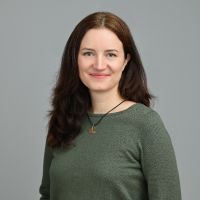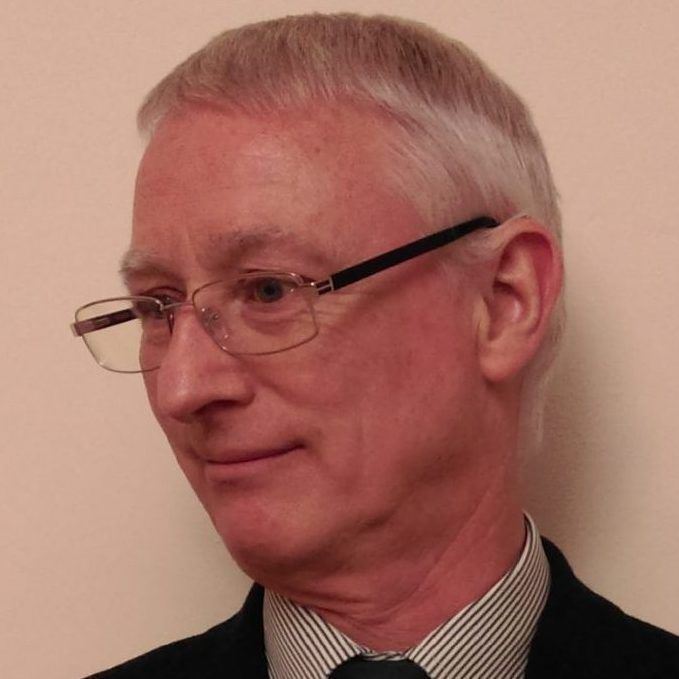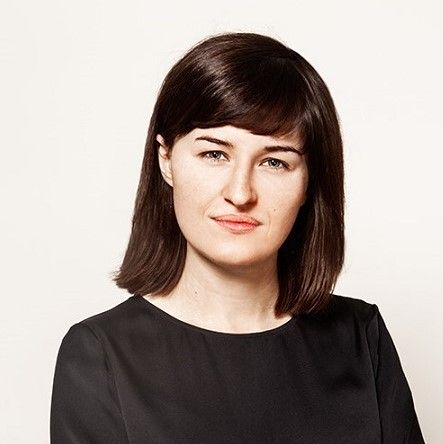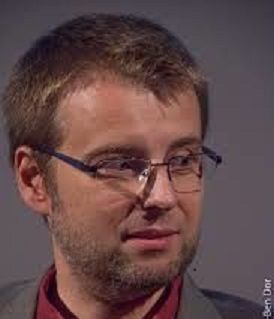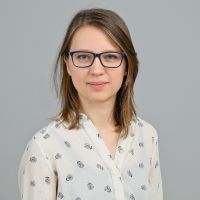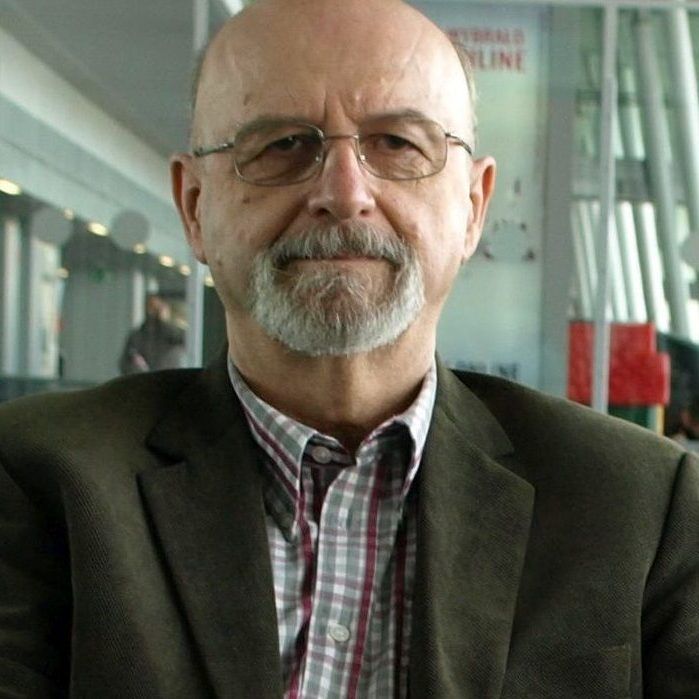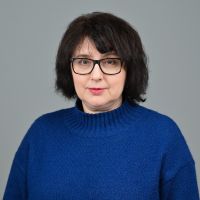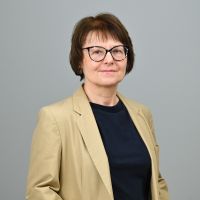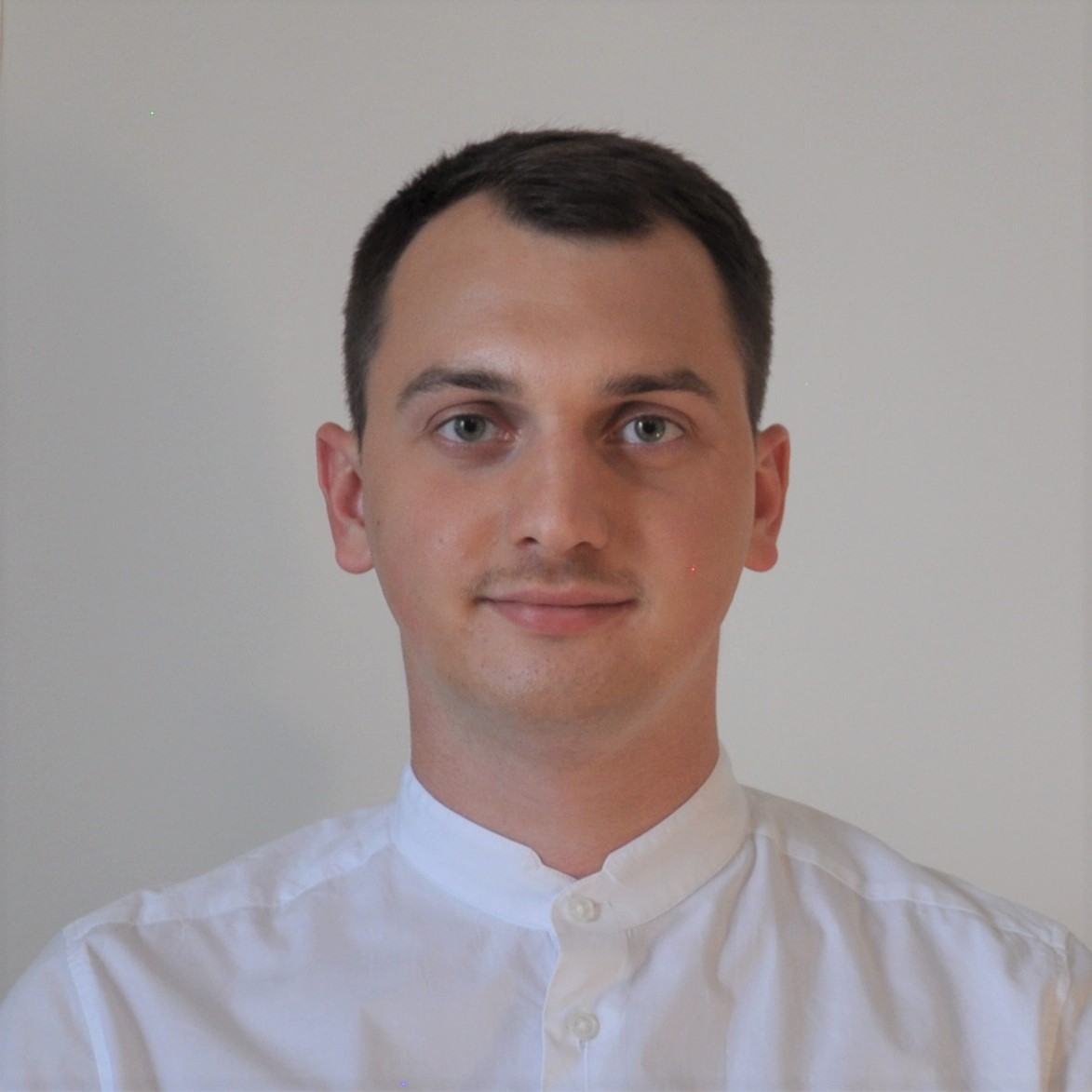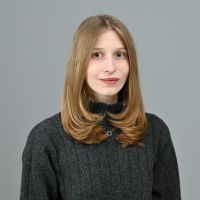According to the Statute, the Board of the Doctoral School and the director of GSSR cooperate to find the optimal solutions for the School to achieve its mission. Key in the organizational processes of the School is the involvement of GSSR Student Government.
The decision-making bodies competent for doctoral training include the Scientific Councils of IFiS, IP and IPS, respectively. The directors of the School’s three constituent institutes are responsible for approving the School’s budget and specific administrative procedures.
The Board of the Doctoral School (GSSR Scientific Council)
The Board of the Doctoral School is a body with advisory role to the Director of the School. The Board cooperates in developing the study programme and managing the School in aspects related to research and teaching, and also draws up a draft budget for the School.
The Board is composed of eight members:
- Two representatives from each of the Doctoral School’s co-founding Institutes, appointed by the Director of each respective Institute,
- The Director and Deputy Director of the School in the Coordinating Unit.
The responsibilities of the Board of the Doctoral School are stated in the Statute.
The Director of the School
The Director of GSSR is selected through competition for a 4-year term, following rules jointly agreed on by IFiS, IP and IPS, in accordance with Poland’s legal regulations and the EU Charter for Researchers. The responsibilities of the Director are outlined in the Statute.
The director of the Doctoral School responds directly to the director of IFiS PAN, as the School’s Coordinating Unit.
Student Government (Samorząd)
Students are elected to represent the student body vis-à-vis the School authorities. A single representative has the right to take part in the meetings of the Scientific Council of each Institute.
Elections are held annually in the first two months of each academic year to choose representatives. Until elections are held, representatives from the previous year remain in office.
The Scientific Councils and the Directors of the School’s Constituent Institutes
The Scientific Councils of IFiS, IP and IPS must jointly approve PhD candidate’s admission process. Additional responsibilities are stated in the Statute.
The Directors of the Doctoral School’s co-founding Institutes are responsible for jointly agreeing on the budget of the Doctoral School for the subsequent academic year. Further responsibilities are stated in the Statute and in the Admission Rules to GSSR’s Doctoral School (Rules of admission 2023-24).
Prof. Irina Tomescu-Dubrow
IFiS PAN, Director of GSSR
Professor of sociology of IFiS PAN and director of the Graduate School…
Professor of sociology of IFiS PAN and director of the Graduate School for Social Research, GSSR (gssr.edu.pl). Irina is PI of the project “Structures and Futures: The Polish Panel Survey, POLPAN 1988-2023” (polpan.org), funded by Poland’s National Science Centre (2022/45/B/HS6/04090), and co-PI of the SDR Project on ex-post harmonization of cross-national survey data, funded by the US National Science Foundation (NSF# 1738502, https://wp.asc.ohio-state.edu/dataharmonization/). She also co-directs the Cross-national Studies: Interdisciplinary Research and Training program (CONSIRT, https://consirt.osu.edu/) of OSU and PAN.
Website: https://irinatomescudubrow.wordpress.com/
Dr. Ewa Domaradzka
IP PAN
An assistant professor at the Institute of Psychology of the Polish Academy…
An assistant professor at the Institute of Psychology of the Polish Academy of Sciences. Her research interests include psychological wellbeing and its relationship with nature, Nature-Based Solutions, urban mental health, emotion regulation, anxiety, and depression. She is a member of the GSSR Doctoral School Council. At GSSR, she teaches Personality and Individual Differences.
Dr. John Fells
IFiS PAN, Academic Director of GSSR
Prof. Adam Lipszyc
IFiS PAN
The Head of the Center for Psychoanalytic Thought at the Institute of Philosophy…
The Head of the Center for Psychoanalytic Thought at the Institute of Philosophy and Sociology of the Polish Academy of Science. Published several books in Polish and a number of papers in Polish and English. In his work, Prof. Lipszyc focuses on the philosophical implications of psychoanalysis, the philosophy of literature, as well as on 20th-century Jewish thought.
Prof. Marta Marchlewska
IP PAN
Head of the Political Cognition Lab, associate professor and lecturer at…
Head of the Political Cognition Lab, associate professor and lecturer at the Institute of Psychology, Polish Academy of Sciences. Specialist in the field of psychometrics and quantitative data analysis. She has acquired broad experience by collaborating with a variety of different academic (Center for Research on Prejudice, University of Warsaw; Centre for Social Cognitive Studies, Jagiellonian University; Political Psychology Lab, University of Kent), as well as corporate institutions. In her projects she concentrates mainly on the functions that different forms of psychological threat play in the way of perceiving the world of politics. She draws particular attention to personality variables: self-esteem, narcissism, in-group identification methods, and links them to political preferences: support for democracy, populist policy or belief in conspiracy theories relating to politics.
Full list of published works can be found at Marta Marchlewska‘s Google Scholar page.
Prof. Piotr Osęka
ISP PAN
Historian specialising in the history of communist Poland, propaganda,…
Historian specialising in the history of communist Poland, propaganda, oral history, collective bioghraphies (prosopography) and perpetrator studies.
Dr. Ilona Wysmułek
IFiS PAN
Assistant Professor at IFIS PAN and a sociologist specializing in research…
Assistant Professor at IFIS PAN and a sociologist specializing in research on corruption, meritocracy, survey data harmonization, and comparative analysis. She has been a lecturer at GSSR since 2019, where she co-teaches a compulsory course on Empirical Research in the Social Sciences covering research design, implementation, and write-up. Ilona is also involved in the GSSR Doctoral School IFIS PAN as an Advisory Board member and coordinates the GSSR Study Group for Ukraine Program.
Prof. Ryszard Żelichowski
IPS PAN
Head of Educational Department. Employed at the Institute of Political…
Head of Educational Department. Employed at the Institute of Political Studies, Polish Academy of Sciences, Section on Europe (Zakład Europeistyki) Research interests: Islands and divided territories (special territories), small countries (Western Europe), countries of the Dutch-speaking area (political systems and political history). Statutory task for 2021–2024: “The Colonial Heritage of the Kingdom of the Netherlands. Netherlands Antilles after the political reform in 2010”. Latest publication: Antyle Holenderskie. Słoneczna strona Królestwa Niderlandów, Europa w skali mikro, nr 3, ISP PAN, Warszawa 2022, pp. 840.
Prof. Irina Tomescu-Dubrow
Director of GSSR
Dr. John Fells
Academic Director
Aleksandra Filipowicz
Ph.D. Studies Coordinator
Iwona Trochimczyk-Sawczuk
NCBiR Grant Coordinator
Dr. Kinga Zawadzka
Institutional Grant Preparation Adviser
Agata Bielińska
Agata Bielińska is a researcher in the Center for Psychoanalytic Thought…
Agata Bielińska is a researcher in the Center for Psychoanalytic Thought at IFiS. She is preparing a dissertation on the (post)psychoanalytic philosophy of love. Her research interests include contemporary philosophy of the subject and the philosophical implications of psychoanalytic theory. Agata is a co-editor of the academic journal „wunderBlock: Psychoanaliza i Filozofia” (wunderBlock: Psychoanalysis and Philosophy). Currently, she is co-editing a collection of essays with Adam Lipszyc, Space in Psychoanalysis, Psychoanalysis in Space (Routledge, London, forthcoming).
E-mail: agata.bielinska@gssr.edu.pl
Marta Chrustowicz
Marta Chrustowicz is a 4th year GSSR doctoral student in Psychology (IP…
Marta Chrustowicz is a 4th year GSSR doctoral student in Psychology (IP PAN). She is interested in using neuromodulation methods to improve social brain activity. Marta’s current project focuses on the impact of loneliness on neurophysiological correlates of social interaction processing and the possibility of increasing the effectiveness of top-down emotion regulation strategies via stimulation of the prefrontal areas. Marta is also a fan of music and handicraft – in her spare time, she paints, sings, learns to play the violin, and decorates furniture.
E-mail: marta.chrustowicz@gssr.edu.pl
Sebastian Sosnowski
I am an alumnus of University of Warsaw (UW) in media studies (BA, in College…
I am an alumnus of University of Warsaw (UW) in media studies (BA, in College of Interdisciplinary
Individual Studies in Humanities and Social Sciences) and digital sociology (MA). In my work, I am
interested in the digital transformation of public institutions, its social implications, and discourse
analysis.
Currently, I work in IFiS PAN as a fellow in the AUTO-WELF project
(https://blogg.sh.se/digitalwelfare/projects-and-networks/74-2/), which focuses on the automation
of public services and its implications for citizens. Previously, I worked at UW in the EnTrust project
(https://entrust-project.eu/) on social trust in governance.
E-mail: sebastian.sosnowski@gssr.edu.pl
